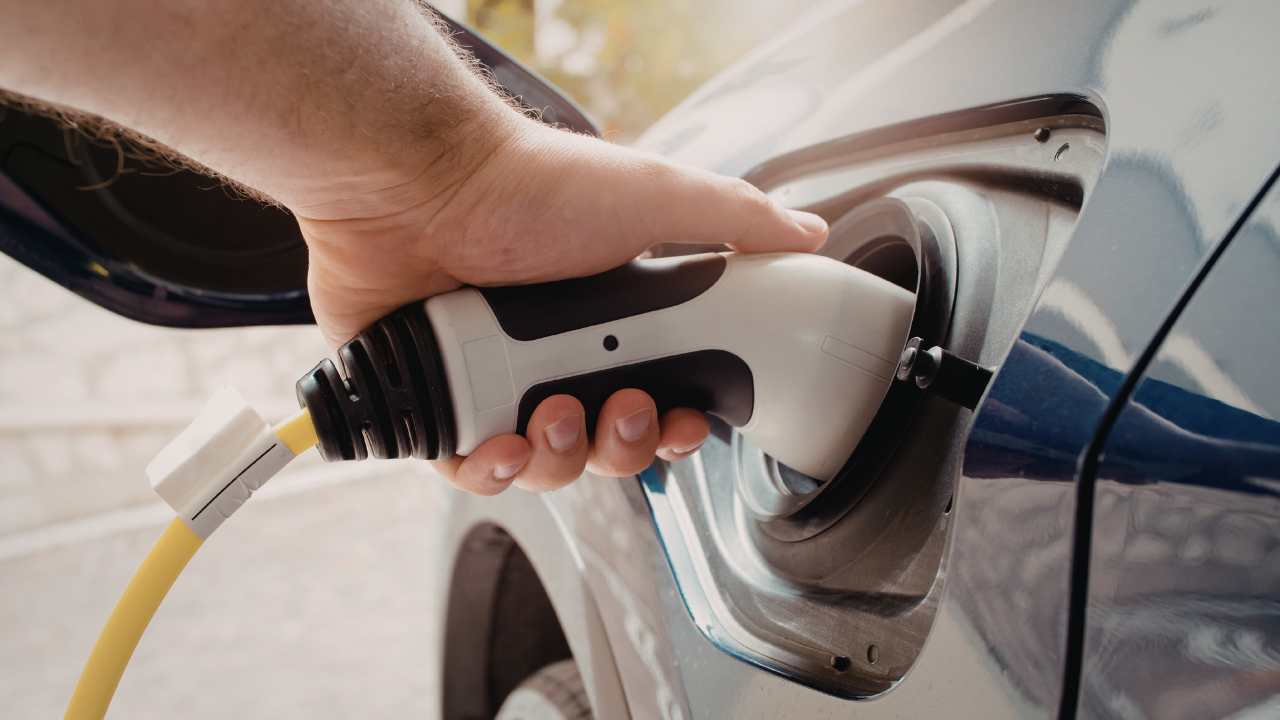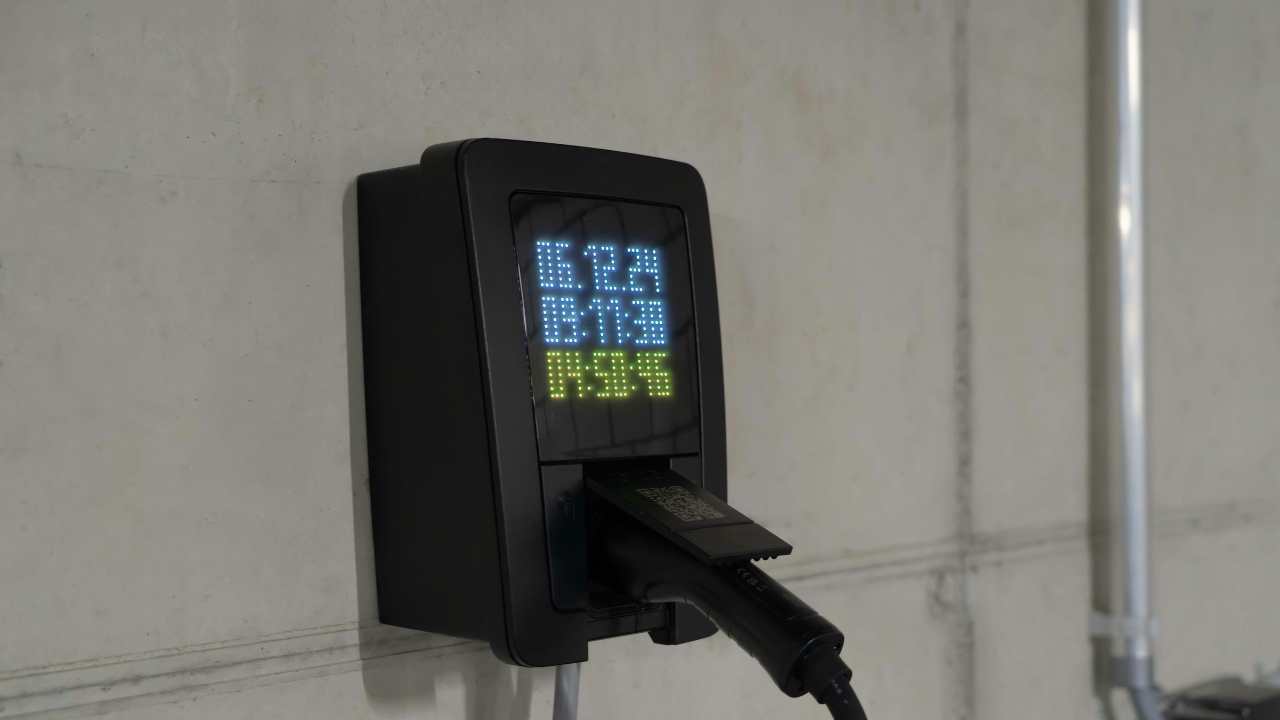Electric vehicles are becoming increasingly common, and understanding how they charge is an important part of making the switch to cleaner transport. Both AC and DC charging play a vital role in supporting drivers.
Each option offers different advantages from everyday convenience to rapid top-ups during longer journeys. Knowing how these two charging methods differ helps drivers choose wisely when it comes to installation, usage and overall EV planning.
In this blog, we will explore the essentials so you can choose the charging approach that best suits your needs with confidence.
Let’s start!
What is the Role of AC and DC in EV Charging?
AC and DC charging both play essential roles in supporting the growing number of electric vehicle users, each offering unique benefits for different charging needs. AC charging is commonly used in homes, workplaces and public car parks, providing a steady and reliable way to recharge an EV over a longer period.
Its simplicity and accessibility make it ideal for everyday use. DC charging, meanwhile, supports the wider EV infrastructure by offering rapid top-ups on motorways, service stations and commercial hubs.
It enables drivers to travel longer distances with confidence by reducing waiting times. Together, AC and DC charging create a balanced and flexible system that helps make electric driving practical and convenient for everyone.
What Are the 5 Key Differences Between AC and DC Charging?
Knowing how AC and DC charging compare helps EV owners choose the best option for their home, workplace, or travel needs.
Here, we break down 5 differences between AC and DC charging so you can clearly understand how each one works and which is more suitable for everyday use.

1. Where the Power Conversion Takes Place
With AC charging, electricity arrives in alternating current form and is converted inside the vehicle. This onboard converter controls how fast your EV battery can accept energy, which naturally limits charging speed. Because the conversion happens in the car, AC charging tends to be slower but simpler and more suited for routine, everyday charging.
In DC charging, the conversion happens inside the charging station instead of inside the car. The power fed to the battery is already in direct current form, allowing the EV to bypass its internal converter. This setup leads to far quicker charging times and is ideal for rapid top-ups during travel.
2. Installing Chargers at Home
AC chargers are much easier to install at home because they require standard electrical connections and minimal additional equipment. They are generally affordable, compact, and practical for households wanting regular overnight charging. Their simpler setup also keeps installation costs down.
DC chargers need high-power electrical connections and specialised equipment, making them significantly harder and more expensive to install in residential settings. They take up more space and often require major electrical upgrades. For these reasons, DC chargers are rarely used in homes and are mostly found at public charging sites.
3. Charging While Travelling (Mobility)

AC chargers can be lightweight, portable, and easy to use in different locations. Their simpler design makes them ideal for travel, holiday homes, or temporary use. Portable AC units also work well with a wide range of power sources, making them more versatile for EV owners on the move.
DC chargers are not designed to be mobile due to their heavy internal converters and high power requirements. They need strong electrical infrastructure, making them unsuitable for portable use. Even if a mobile DC unit existed, it would require extremely high voltage that most locations cannot provide.
4. Speed of Charging
AC charging is slower because the vehicle’s onboard converter determines how much power the battery can accept. This makes AC charging ideal for steady, overnight charging when speed isn’t the main concern. For daily commuting or home use, this slower rate is usually sufficient and economical.
DC charging delivers power directly into the battery without relying on the car’s internal charger, resulting in significantly faster charging times. Rapid DC chargers can add substantial range in minutes rather than hours, making them essential for long journeys or quick top-ups.
5. Overall Cost and Practicality
AC chargers are more budget-friendly and cost-effective to install and maintain. Their lower power demands mean reduced energy costs over time, making them the preferred option for most homes. For routine charging, AC remains the most practical and accessible solution.
DC chargers are much more expensive to purchase, install, and maintain due to their advanced technology and high-power requirements. They also incur higher operational costs, meaning they are best suited for commercial locations or rapid-charging hubs rather than home use.
Conclusion
The 5 differences between AC and DC charging help EV owners choose the most suitable option for their lifestyle, home setup and driving patterns. AC charging offers convenience and affordability for daily use, while DC charging provides rapid power for long-distance travel. Together, they form a balanced system that supports both routine charging and quick top-ups when needed. By knowing how each method works, drivers can make more confident decisions about installation, use and long-term energy planning.
If you're ready to install a reliable EV charging solution or need expert guidance, contact Unique Electrical today. Our team provides professional advice and seamless installation to ensure your EV is always powered and ready to go.











